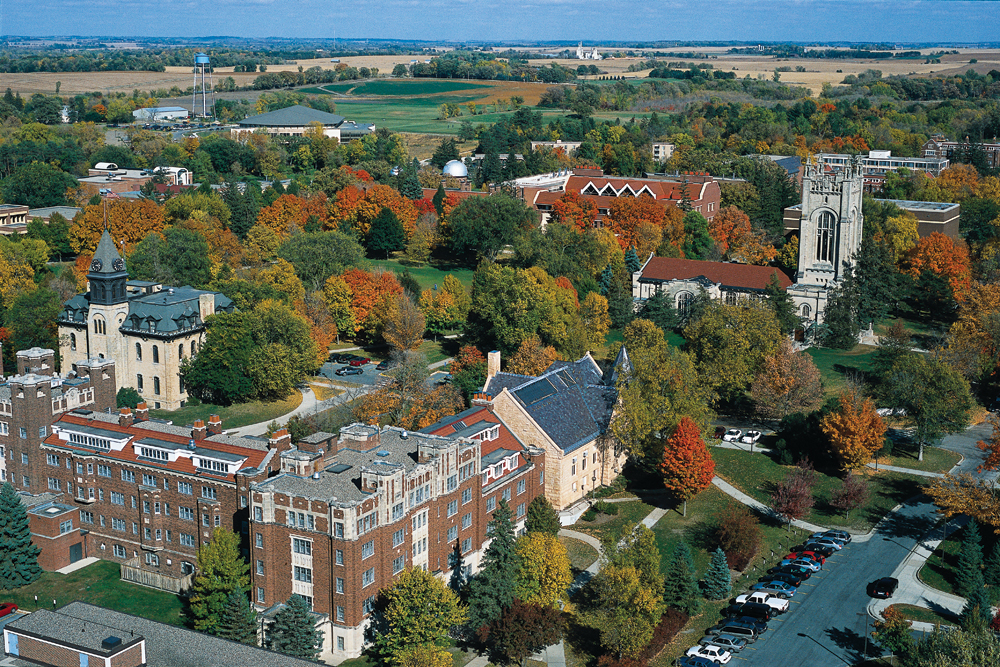I recently wrote about the potential problems that exist at most large universities if you want to go to medical school. Today I am going to talk about why I like smaller colleges before medical school.
A point of clarification before I start. When I talk about smaller colleges I am referring to small liberal arts colleges which typically have an undergraduate population of under 3,000 students. So why a small liberal arts college?
In a smaller college you are going to have fewer students in each class. This is particularly important in the first two years of college when you are talking the basic science courses. I have talked in the past about medical schools not carrying about your major. But, there are certain classes you need to take to prepare for the MCAT and to apply to med school. These classes are the basic intro science classes. At a large university it is not at all uncommon for there to be more than 500 students in an introductory science class. At smaller colleges that may be 50 or fewer in the introductory classes.
Most students learn better when they are in smaller classes. Also, if you are not understanding a topic, it will be more obvious to a professor in a smaller class and they can get you help, such as a tutor, to make sure you understand the class. The better you understand the topic, the higher your grade is likely to be and high GPA’s in college are crucial to a strong medical school application. Moreover, by getting to know the topic better, you are better prepared to take the MCAT. And like grades, a high MCAT score is needed for medical school applications.
A little known fact is that the average GPA of students in private colleges is typically about a 3.3 or 3.4. The average GPA of students in large public universities is typically about a 2.9 or 3.0. This means it is easier to get to the necessary GPA for medical school admissions, about a 3.6, from a private college than from a large public university.
Smaller classes also make it easier to get to know your professors. In the small liberal arts colleges, the professors main role is to teach. Research is secondary. And the vast majority of the professors in these smaller colleges want to get to know their students. Getting to know your professors means you are much more likely to get a strong letter of recommendation from the professor when you apply to medical school. And strong letters from your college professors are critical in the medical school application process.
I know what you are going to say. It’s great if I have good letters of recommendation but if I don’t have lots of cutting edge research I won’t be competitive for medical school. And the smaller colleges aren’t going to have health care volunteering opportunities available like the bigger colleges will.
Medical schools do want you to have done some research during college. But that research does not need to be cutting edge for you to be a strong candidate for medical schools. Moreover, that cutting edge research at the big universities is typically reserved for graduate students, not undergraduates.
As for health care volunteering activities, even the smallest colleges typically have various types of volunteering opportunities. It might be at a local clinic or hospital or often times, right on campus. For example, many colleges will have a student manned EMT service as the first contact students with health problems might have.
Does all of this mean that any small liberal arts college is a good choice if you want to get to medical school? No. Like anything else, some colleges do a better job of educating their students than others. But if you wish to be a successful candidate for medical school, you should be seriously considering some of the small liberal arts colleges.

Leave a Comment